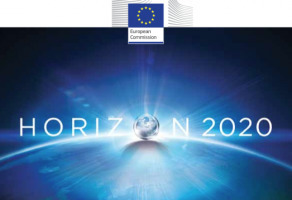Research Participant Portal is your entry point for electronic administration of EU-funded research and innovation projects
Research and publish the best content.
Get Started for FREE
Sign up with Facebook Sign up with X
I don't have a Facebook or a X account
Already have an account: Login
EU GANTS, PROJECT MANAGEMENT
Curated by
nicoleta susanu
 Your new post is loading... Your new post is loading...
 Your new post is loading... Your new post is loading...
|
|












Scope:
Proposals should develop population-oriented primary prevention interventions to promote mental well-being of young people and assess them for their effectiveness. The interventions should build on but may go beyond existing state-of-the art knowledge on biological, psychological and social determinants of mental well-being such as societal, cultural, work life, lifestyle, epidemiological, economic and environmental perspectives. The proposals should aim at increasing resilience and mitigating the impact of biological, psychosocial and environmental risk factors. The target group should include young up to 25 years (or a subgroup there of), which is an age limit often used as many severe disorders start in this period. Differentials related to migration should be addressed when appropriate.
Deadline: 04/10/2016